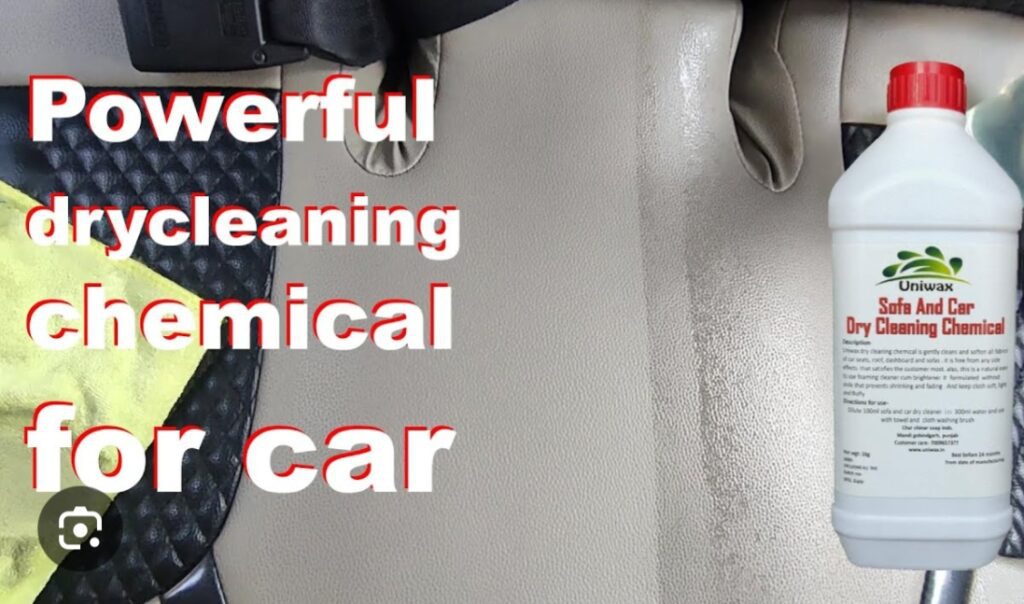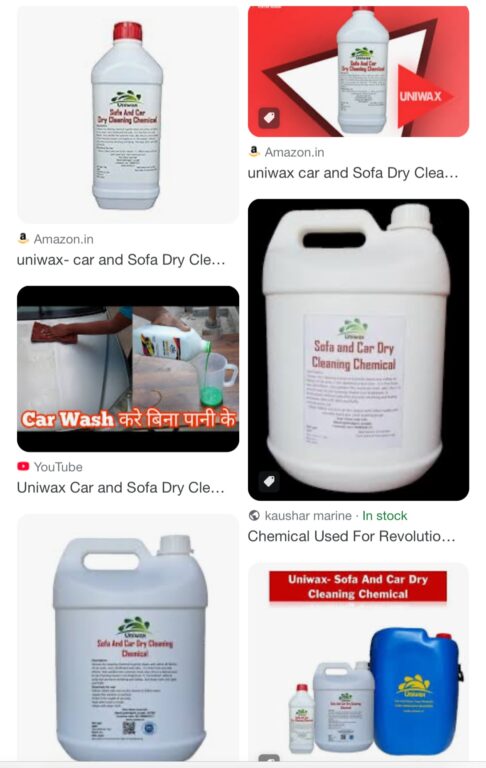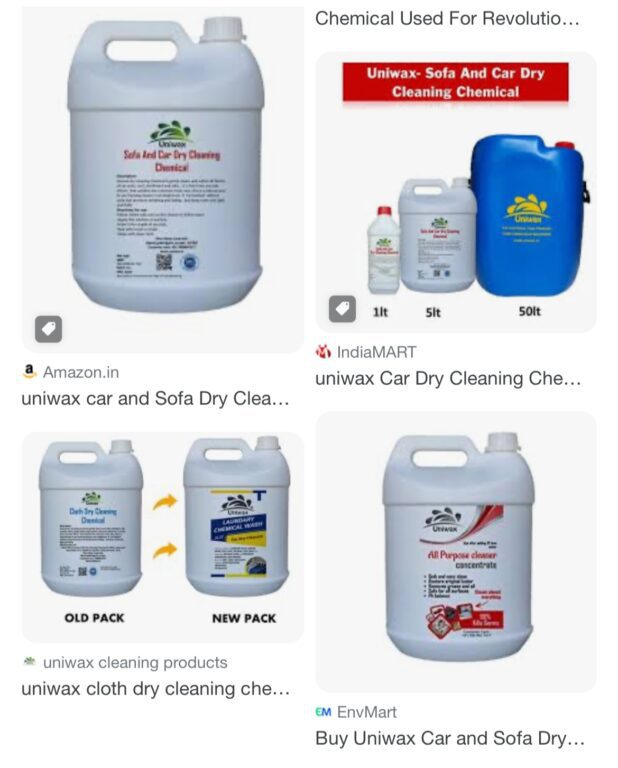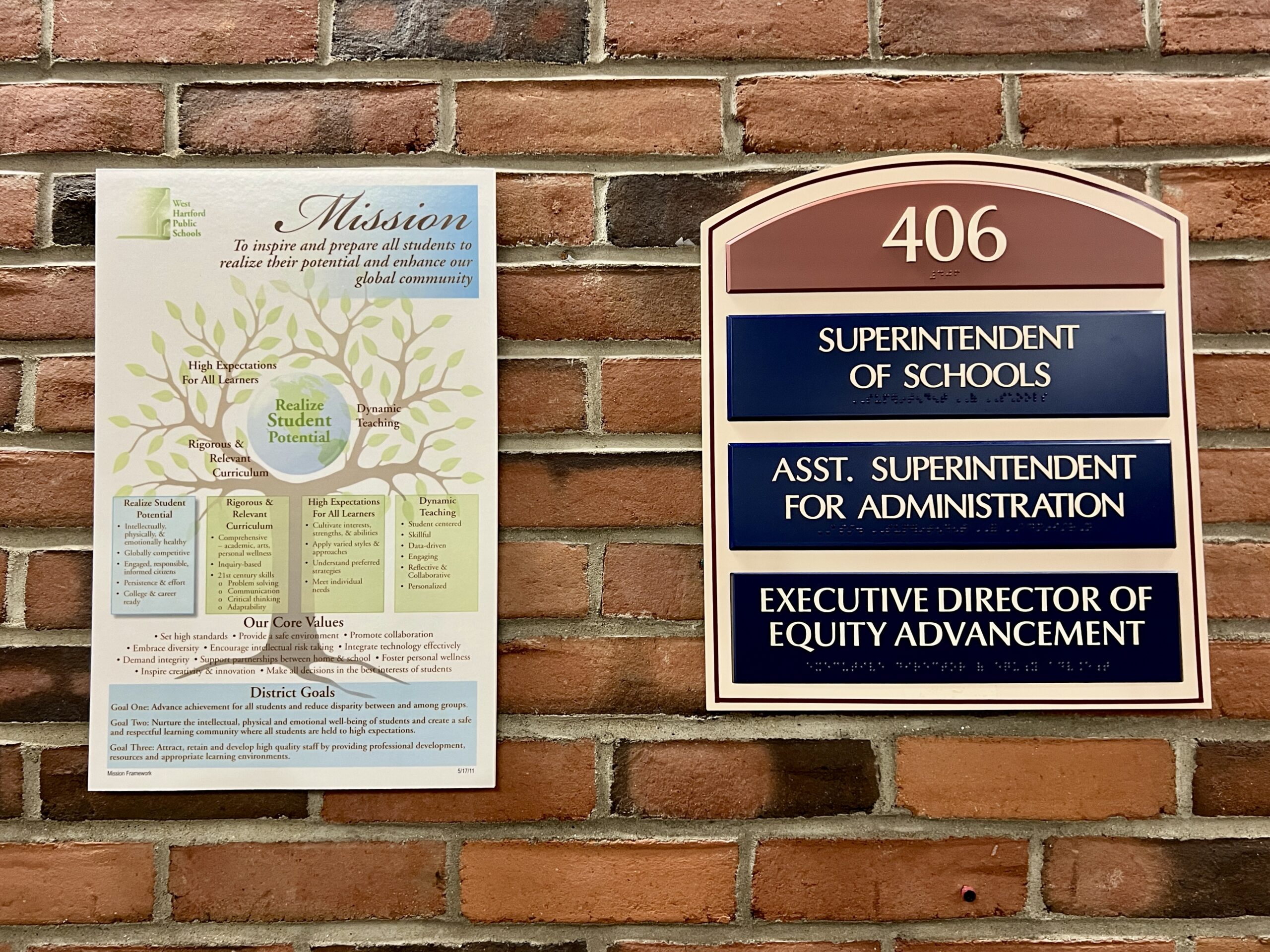Consumer Diary: Coffee Refills, Dry Cleaning Chemicals

Audio By Carbonatix

Photo credit: Ronni Newton
Consumer columnist and West Hartford resident Harlan Levy has more than 20 years of experience writing stories about everyday experiences that anyone could encounter.

Harlan Levy. Courtesy photo
By Harlan Levy
Here’s a small incident highlighting a common annoying customer service situation that happened to my wife.
She didn’t have coffee in the morning last week before leaving for her monthly book club lunch/meeting – always held at a popular restaurant in West Hartford Center. At the meeting she asked the waitress – a new one whom the half-dozen women had never had before – for a cup of decaf, and she brought it. Later in the lunch she asked the waitress for more coffee, which the waitress brought. Then, on the bill, the waitress charged my wife $9 for two special decaf espressos.
“I should have asked for a refill,” my wife said, “but shouldn’t the waitress have said ’Your coffee is not refillable, do you want another Americano, which I’ll charge you for?’.”
But she didn’t, and when the bill came, my wife saw the $9 charge.
She then called the waitress over and told her that she didn’t understand that there was no refill and didn’t realize that that the waitress was going to order another coffee and charge her for it.
The waitress had no response, and when the bill came, the $9 charge was on it.
The consumer question: Is my wife wrong in feeling annoyed and deceived? Should the waitress have been consumer-friendly enough to make sure my wife knew there was no refill and that more coffee meant another $4.50 charge? Should the manager have been told (he wasn’t)?
My take: Bad customer service. After my wife complained and after the waitress made no effort to assuage my wife, the consumer-attentive manager should have been told, and the second charge would have been wiped.
But what do you think, loyal readers? Write me a comment.

These are the types of cleaning products using toxic chemicals that the EPA is banning. Courtesy of Harlan Levy
EPA bans cancer-causing dry cleaning chemicals
To all you readers who use paints, automotive care products, arts and crafts with spray coatings or use dry cleaners, or live near dry cleaning facilities, or airports.: On Monday Dec. 9, the U.S. Environmental Protection Agency banned two toxic chemicals – trichloroethylene (TCE) and perchloroethylene (PCE) – commonly used in dry cleaning, and a variety of other chemical products.
TCE, used in dry cleaning. spot removers, lubricants, and glue, is known to cause liver cancer, kidney cancer, and non-Hodgkin’s lymphoma, damage to the central nervous system, liver, kidneys, immune system, and reproductive organs, and causes fetal heart defects, the EPA said.
PCE is known to cause liver, kidney, brain, and testicular cancer, as well as damage to the kidney, liver and immune system, neurotoxicity, and reproductive toxicity, the agency said.

These are the types of cleaning products using toxic chemicals that the EPA is banning. Courtesy of Harlan Levy
Not only are these chemicals providing dangerous circumstances for workers at dry cleaning facilities, but also at risk of exposure are cities and towns near dry cleaners, near the two chemicals’ manufacturing, processing, distribution facilities, and near commercial users, and even families using arts and crafts coated with the chemicals and those using automotive products.
“It’s simply unacceptable to continue to allow cancer-causing chemicals to be used for things like glue, dry cleaning, or stain removers when safer alternatives exist,” said Michael Freedhoff, from the EPA’s Office of Chemical Safety and Pollution Prevention.
PCE and TCE are both nonflammable chlorinated solvents that are volatile organic compounds. TCE will be prohibited for industrial and commercial use as an energized electrical cleaner, in laboratory use for asphalt testing and recovery, in use to make refrigerants and other chemicals, and for vapor degreasing, and for use in consumer and commercial cleaning and furniture care products, degreasers, brake cleaners, sealants, lubricants, adhesives, paints, and arts and crafts spray coatings.

These are the types of cleaning products using toxic chemicals that the EPA is banning. Courtesy of Harlan Levy
However, many of the TCE uses are allowed for one year and occur in highly industrialized settings to clean parts used in aircraft and medical devices, to manufacture battery separators, to manufacture refrigerants, as well as in other transportation, security and defense systems. Also allowed temporarily are these chemicals used in the production of refrigerant chemicals that may complement efforts to phase down climate-damaging hydrofluorocarbons, in petrochemical manufacturing, in agricultural chemical manufacturing, and in cold cleaning of tanker vessels.
All of those uses ultimately will be prohibited, the EPA said, “but some of the exemptions associated with longer timeframes are necessary to avoid impacts to national security or critical infrastructure.”
Caveat: President-elect Trump has promised to deregulate environmental regulations, and the U.S. Supreme Court has already prohibited the EPA’s ability to shift the electrical grid away from polluters generating power using dirty sources to plants using cleaner sourcers, so this latest action may be unfortunately short-lived.
Now you know.
NOTE: If you have a consumer problem, contact me at [email protected] (“Consumer” in subject line), and, with the power of the press, maybe I can help.
Like what you see here? Click here to subscribe to We-Ha’s newsletter so you’ll always be in the know about what’s happening in West Hartford! Click the blue button below to become a supporter of We-Ha.com and our efforts to continue producing quality journalism.



